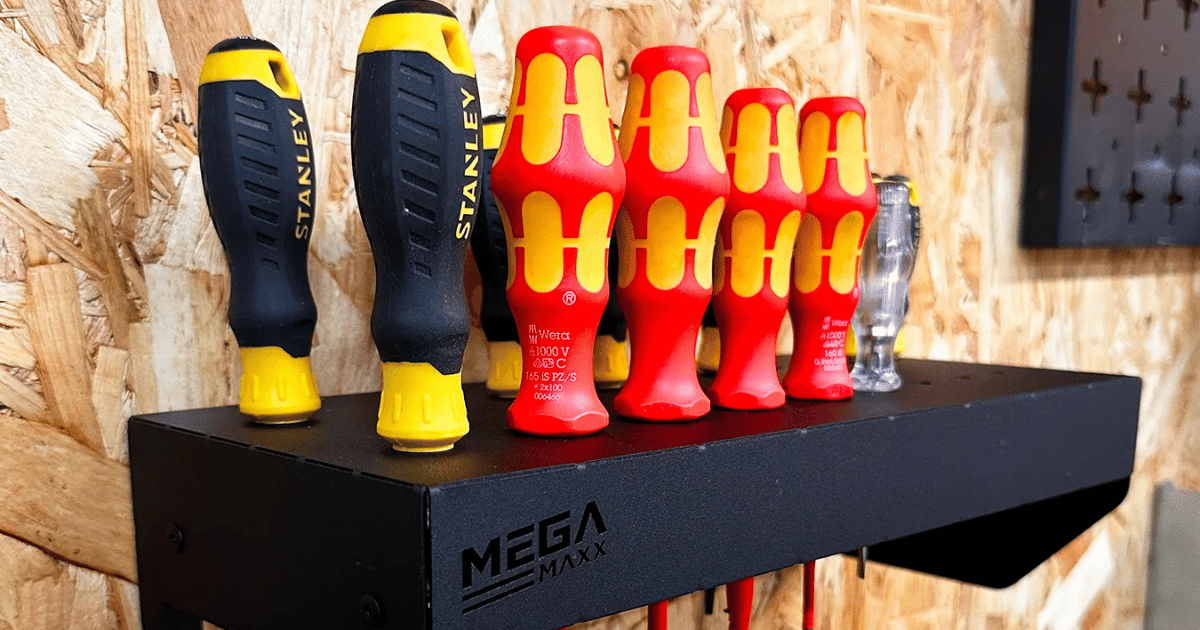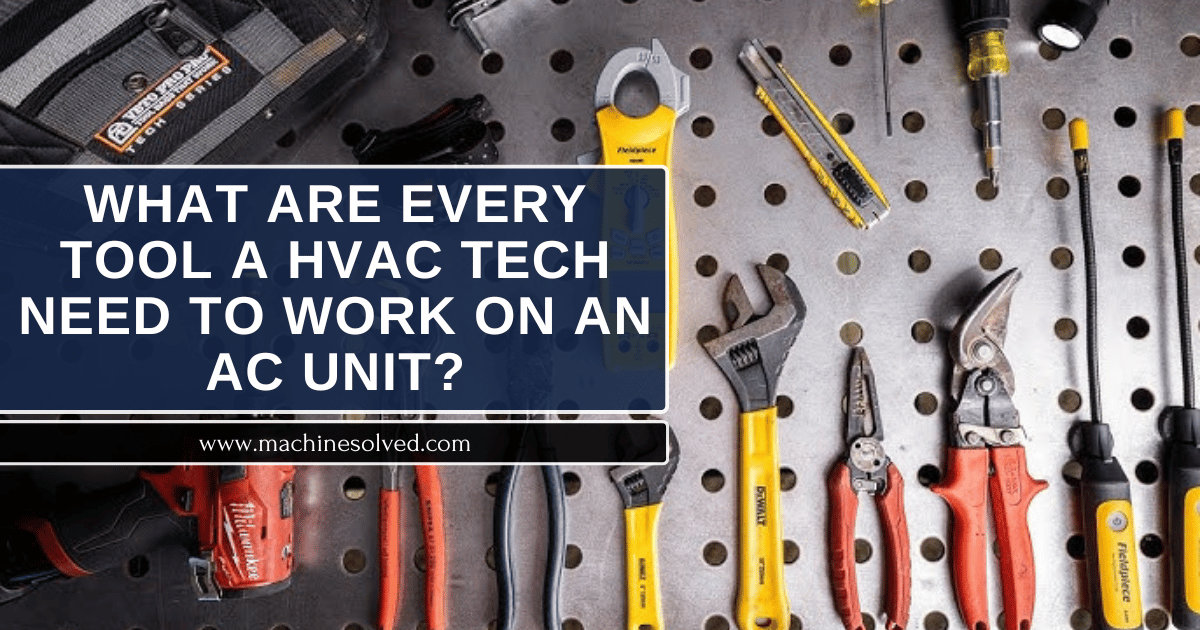
An HVAC tech needs a range of tools to work on an AC unit. These tools ensure efficient and accurate repairs.
Every HVAC tech must be well-prepared with the right equipment. Working on AC units requires precision and expertise. The right tools make this job easier and more effective. Whether you are a seasoned technician or just starting, knowing what tools to have is crucial.
This guide will help you understand the essential tools you need. From basic hand tools to advanced diagnostic devices, having the right gear is key. Stay tuned as we break down the must-have tools for HVAC professionals.
Basic Hand Tools
HVAC techs need basic hand tools to work on AC units. Essential tools include screwdrivers, pliers, and wrenches. These tools help with tasks like tightening bolts and connecting wires.
When working on an AC unit, having the right tools is crucial for any HVAC technician. Basic hand tools are indispensable for a variety of tasks, from installation to maintenance. These tools not only make the job easier but also ensure the work is done efficiently and safely. Let’s explore some of the basic hand tools you need in your toolkit.
Screwdrivers
Screwdrivers are essential for any HVAC technician. You will need a variety of screwdrivers, both flathead and Phillips, in different sizes. Imagine you are working on an AC unit and need to remove a panel. A well-fitting screwdriver can make this task quick and simple. Magnetic tip screwdrivers are a great option because they prevent screws from falling into the unit. It saves you time and frustration. A multi-bit screwdriver can also be handy. It allows you to switch between different types of screws without needing multiple tools.
Pliers
Pliers are another must-have tool. Different types of pliers serve different purposes. Needle-nose pliers are excellent for reaching into tight spaces and gripping small components. Slip-joint pliers are versatile and can be adjusted to grip objects of varying sizes. They are perfect for loosening and tightening nuts and bolts. Cutting pliers are essential for cutting wires and cables. Make sure to have a pair with comfortable grips, as you will use them often. Do you remember the last time you struggled with a stripped wire? A good pair of pliers can turn a frustrating situation into a straightforward task. Having the right tools can make your job as an HVAC technician more efficient and less stressful. What basic hand tools do you find indispensable in your work?
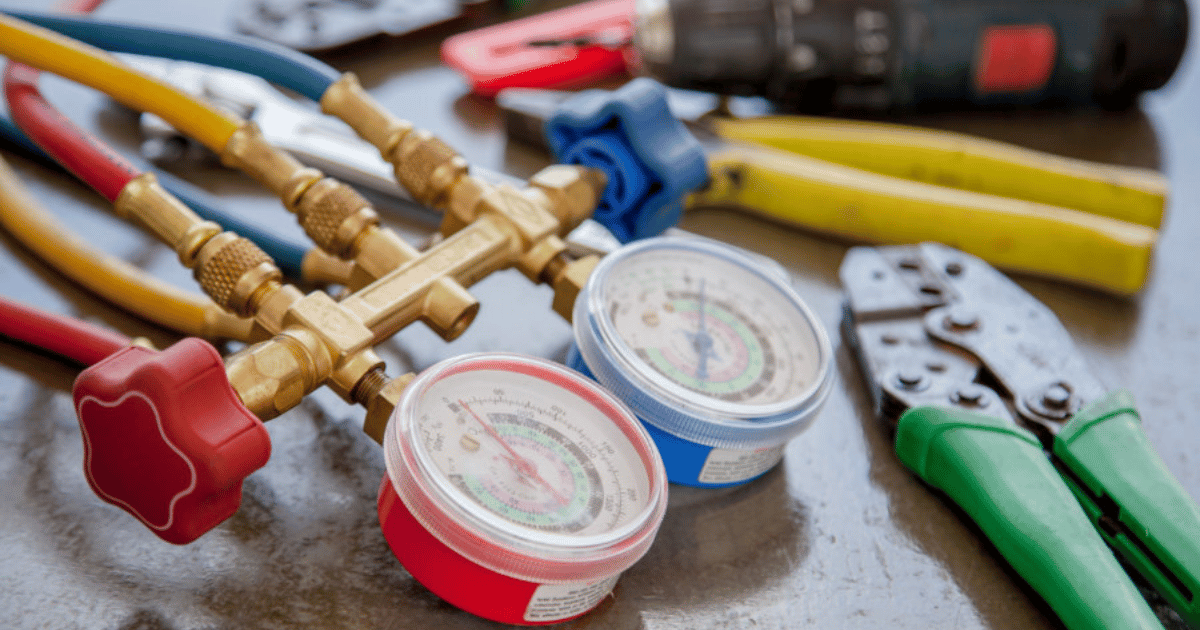
Specialty HVAC Tools
Speciality HVAC tools are essential for any technician working on AC units. These tools ensure precise diagnostics and effective repairs. They are designed to handle specific tasks within the HVAC system, making the job easier and more efficient.
Refrigerant Gauges
Refrigerant gauges are crucial for monitoring the pressure levels in an AC unit. They help in diagnosing issues related to refrigerant flow. Proper pressure is vital for the efficient operation of the system. These gauges come in different types, including analog and digital. Each type has its own benefits and can be chosen based on the technician’s preference.
Vacuum Pumps
Vacuum pumps are used to remove air and moisture from the AC system. This step is necessary before charging the system with refrigerant. Air and moisture can cause damage to the AC unit. They can also reduce the efficiency of the system. Using a vacuum pump ensures the system is clean and ready for optimal operation.
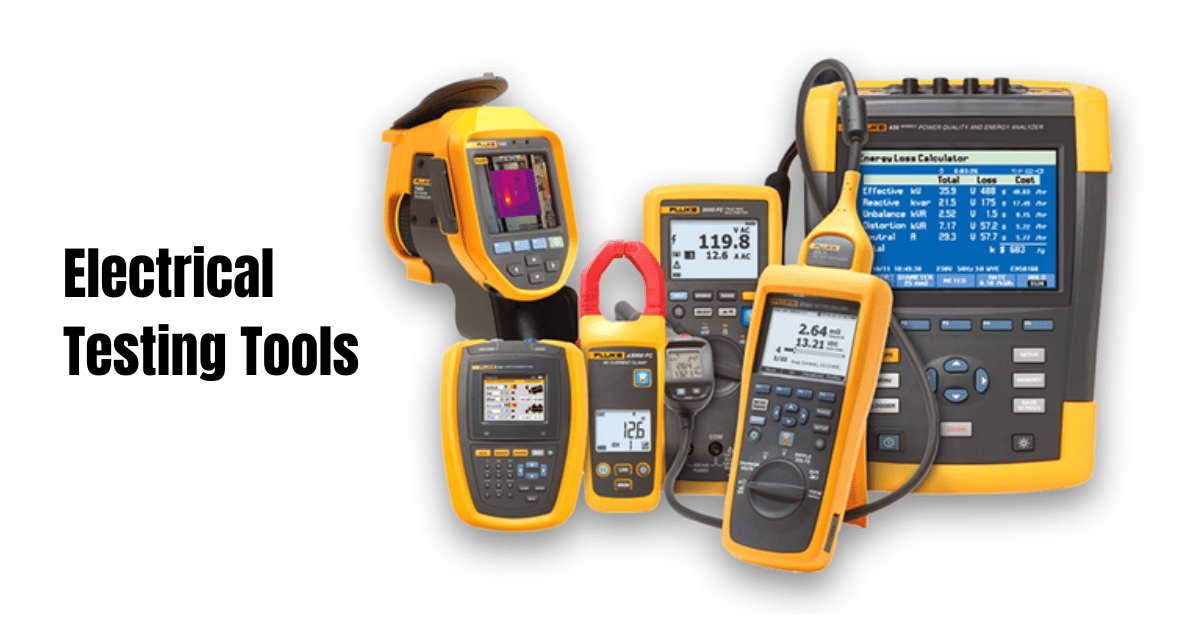
Electrical Testing Tools
Electrical testing tools are crucial for HVAC technicians. These tools help diagnose and fix electrical issues in AC units. The right tools ensure accurate measurements and safe repairs.
Multimeters
A multimeter is a must-have tool. It measures voltage, current, and resistance. With a multimeter, you can check if the AC unit is receiving power. It also helps identify faulty wires or components. Multimeters come in digital and analog types. Digital ones are more popular for their accuracy and ease of use. Always ensure your multimeter has a good battery.
Clamp Meters
Clamp meters are another essential tool. They measure current without breaking the circuit. This is useful for checking the current in live wires. Simply clamp the meter around a wire to get a reading. Clamp meters are safe and easy to use. They also offer quick and accurate results. Some models can measure voltage and resistance too. This makes them a versatile choice for HVAC techs.
Safety Equipment
An HVAC tech needs essential tools to work on an AC unit. These include a multimeter, refrigerant gauges, and wrenches. Safety gear like gloves and goggles are also crucial.
When working on an AC unit, safety is paramount. HVAC techs often face risks such as electrical hazards, sharp components, and harmful chemicals. Ensuring you have the right safety equipment can make all the difference in preventing injuries and staying protected on the job. ###
Gloves
Gloves are essential for HVAC techs. They protect your hands from cuts, burns, and exposure to dangerous substances. There are different types of gloves for various tasks. For instance, insulated gloves are ideal for handling electrical components. Meanwhile, nitrile gloves are great for dealing with refrigerants and oils. Always choose the right gloves for the job at hand. Your hands are your most valuable tools, after all. ###
Safety Glasses
Safety glasses shield your eyes from debris, chemicals, and other hazards. They are a must-have in your toolkit. Imagine working on an AC unit and a piece of metal flies towards your eyes. Without safety glasses, this could lead to a serious injury. Even if you wear prescription glasses, you should use safety glasses that fit over them. Protecting your vision should never be compromised.
Measuring Instruments
Measuring instruments are crucial for HVAC technicians. They ensure accurate readings and help diagnose issues effectively. Without reliable tools, maintaining optimal performance of AC units can be challenging.
Thermometers
Thermometers are essential for HVAC techs. They measure air temperature to assess system performance. A simple digital thermometer can provide quick and accurate readings.
Infrared thermometers are useful too. They allow you to measure temperature from a distance, which is handy in hard-to-reach areas. Imagine checking the temperature of a duct without climbing a ladder!
Proper temperature readings help in diagnosing problems like overheating or inefficient cooling. Have you ever wondered why your AC isn’t cooling properly? A thermometer might just give you the answer.
Manometers
Manometers measure pressure within the AC system. Accurate pressure readings are vital for diagnosing issues like leaks or blockages.
A digital manometer is user-friendly and provides precise readings. It’s a must-have for every HVAC tech. Think of it as your go-to tool for checking system health.
Do you know the importance of maintaining correct pressure levels in an AC unit? Incorrect pressure can lead to system failures or inefficient performance. A manometer can help you prevent these issues.
Next time you’re working on an AC unit, make sure to have a thermometer and a manometer handy. These tools can make your job easier and ensure the system runs smoothly. What other measuring instruments do you rely on in your HVAC work?
Cleaning Tools
Cleaning tools are essential for HVAC technicians working on AC units. Proper cleaning ensures efficient operation and extends the lifespan of the unit. Here are some crucial cleaning tools every HVAC tech should have.
Coil Brushes
Coil brushes are vital for cleaning the condenser and evaporator coils. These brushes help remove dirt, dust, and debris from the coils. Clean coils improve the efficiency of the AC unit. Coil brushes come in different sizes and shapes to fit various coils. Using the right brush prevents damage to the coils and ensures thorough cleaning.
Fin Combs
Fin combs are used to straighten bent fins on the AC unit. Bent fins restrict airflow, reducing the unit’s efficiency. Fin combs come with adjustable heads to match different fin sizes. They help maintain proper airflow and enhance the unit’s performance. HVAC technicians should always have fin combs in their toolkit.
Sealing Tools
An HVAC tech needs essential sealing tools to work on an AC unit. These include leak detectors, refrigerant sealants, and pipe sealers. Proper sealing ensures efficiency and longevity.
When working on an AC unit, sealing tools are essential for ensuring that the system runs efficiently and without leaks. Proper sealing can prevent costly repairs and maintain the unit’s performance. Let’s dive into some of the crucial sealing tools that every HVAC tech needs to have in their toolkit. ###
Pipe Wrenches
Pipe wrenches are indispensable for tightening and loosening pipes and fittings. They come in various sizes to accommodate different types of piping. A well-fitted pipe wrench ensures a secure grip, preventing slips and reducing the risk of damaging the pipes. Using the right pipe wrench can make a significant difference. It allows you to apply the necessary torque without straining your hands. Always have a range of pipe wrenches, from small to large, to handle any situation you encounter. ###
Sealant Guns
Sealant guns are vital for applying sealants accurately and efficiently. They help in sealing joints, cracks, and connections, ensuring there are no leaks in the system. A high-quality sealant gun can make your job easier by providing a consistent flow of sealant. When choosing a sealant gun, consider the type of sealant you use frequently. For instance, if you work with silicone sealants, opt for a gun designed for that purpose. This will ensure a smoother application and a better seal. Having the right sealing tools can make your job as an HVAC tech more efficient and less stressful. Do you have any favorite sealing tools that make your work easier? Share your thoughts in the comments below!
Storage And Organization
Storage and organization are crucial for HVAC technicians. Keeping tools organized boosts efficiency. It also reduces the risk of losing important tools. Proper storage ensures quick access to any tool needed. Two popular options are toolboxes and belt pouches.
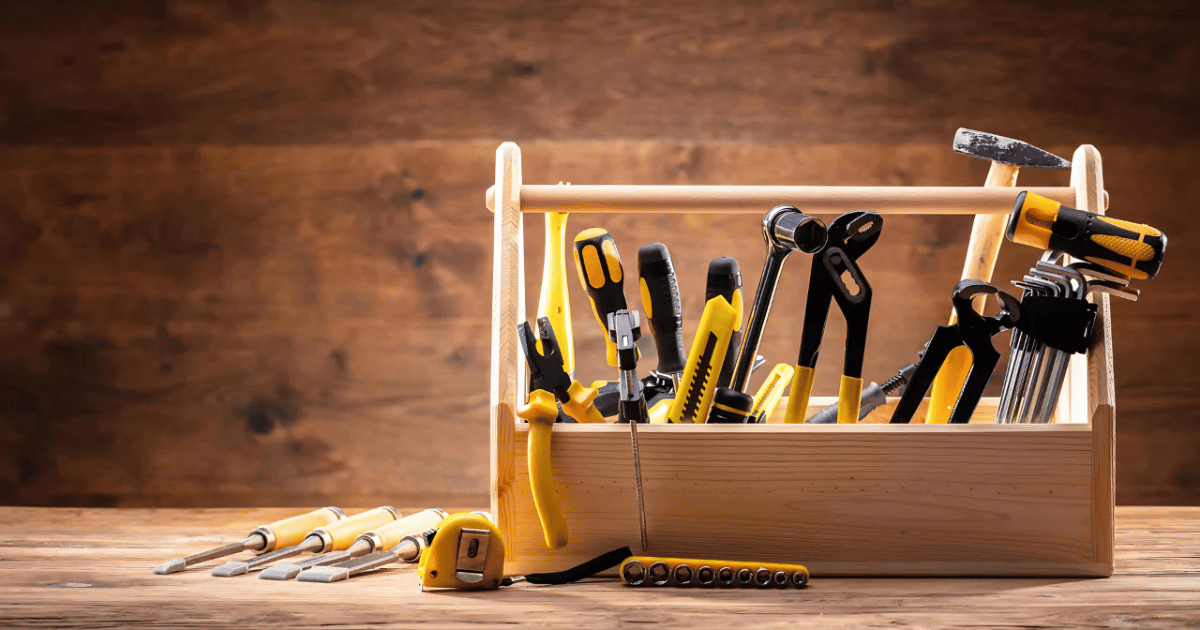
Toolboxes
Toolboxes are essential for HVAC techs. They provide a secure place for tools. Many toolboxes have compartments. This makes it easy to separate different tools. A sturdy toolbox can withstand rough handling. It also protects tools from damage. Some toolboxes come with wheels. This makes it easy to move heavy tools around the job site. Look for toolboxes with locks for added security.
Belt Pouches
Belt pouches offer convenience. They keep essential tools within reach. This is ideal for tasks that need quick access. Belt pouches are lightweight. They do not add much weight to the technician’s waist. Some pouches have multiple pockets. This helps organize smaller tools and parts. Choose pouches made from durable materials. They should withstand daily wear and tear. Adjustable belts ensure a comfortable fit for everyone.
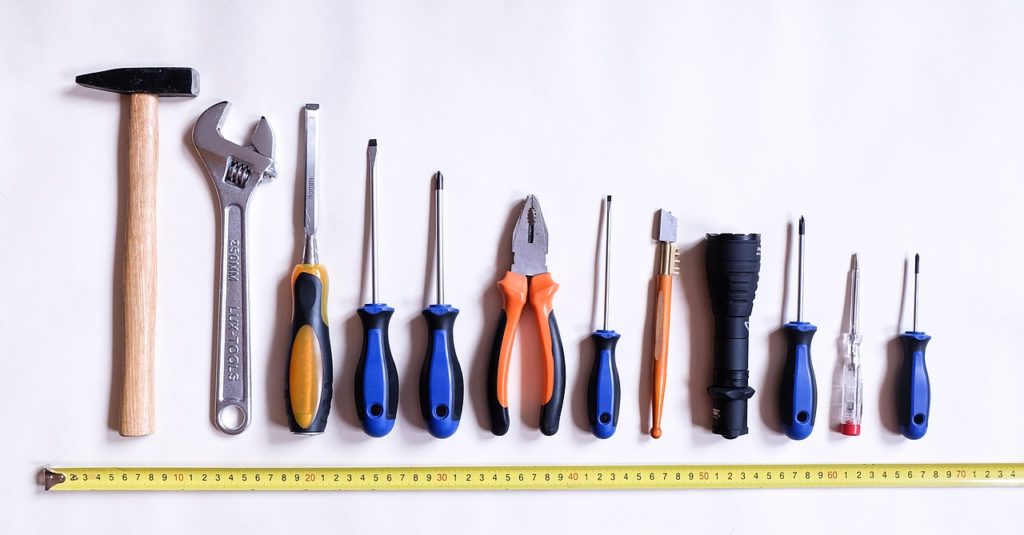
Credit: gardencityplumbing.com
Frequently Asked Questions
What Are 5 Tools Equipment Used In Air Conditioning Repair?
Technicians use manifold gauges, vacuum pumps, refrigerant recovery machines, leak detectors, and multimeters for air conditioning repair.
What Equipment Is Used In Hvac?
HVAC equipment includes air conditioners, furnaces, heat pumps, boilers, thermostats, ductwork, and air handlers. These components work together to regulate indoor climate effectively.
What Are The Equipments Working In Ac?
AC equipment includes the compressor, condenser, evaporator, expansion valve, and refrigerant. These components work together to cool air.
How Much Do Hvac Techs Spend On Tools?
HVAC techs typically spend $500 to $1,500 on tools. Costs vary depending on job requirements and personal preferences.
Conclusion
Every HVAC tech needs the right tools for the job. Proper tools ensure efficient and safe AC repairs. A well-equipped toolkit makes work easier and faster. Always have wrenches, gauges, and a multimeter on hand. Don’t forget a vacuum pump and refrigerant scale.
Safety gear is also crucial. Gloves, goggles, and a mask protect you during work. With these tools, you can handle most AC unit issues. Equip yourself well and be ready for any task.
